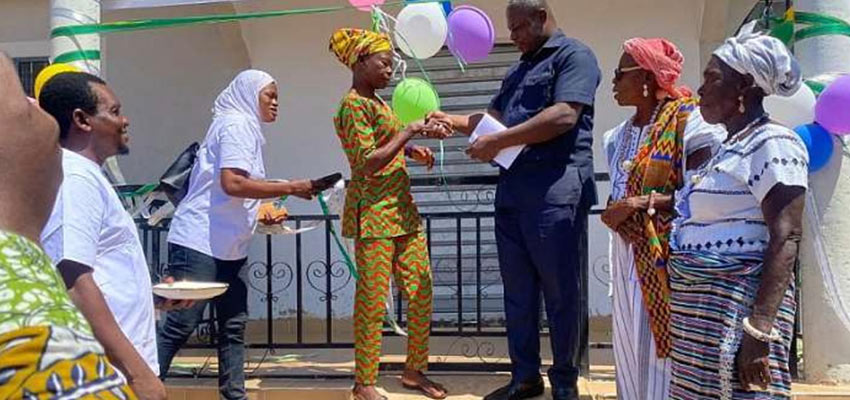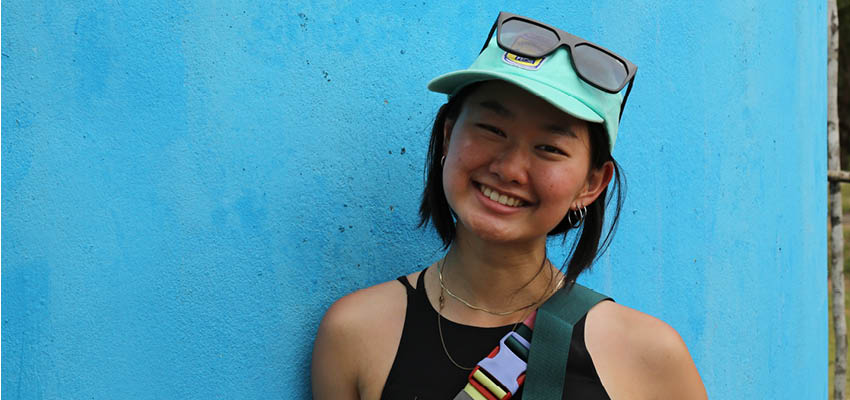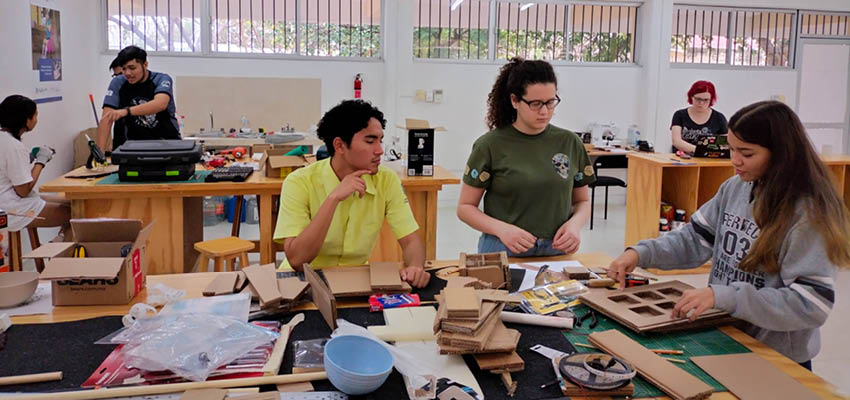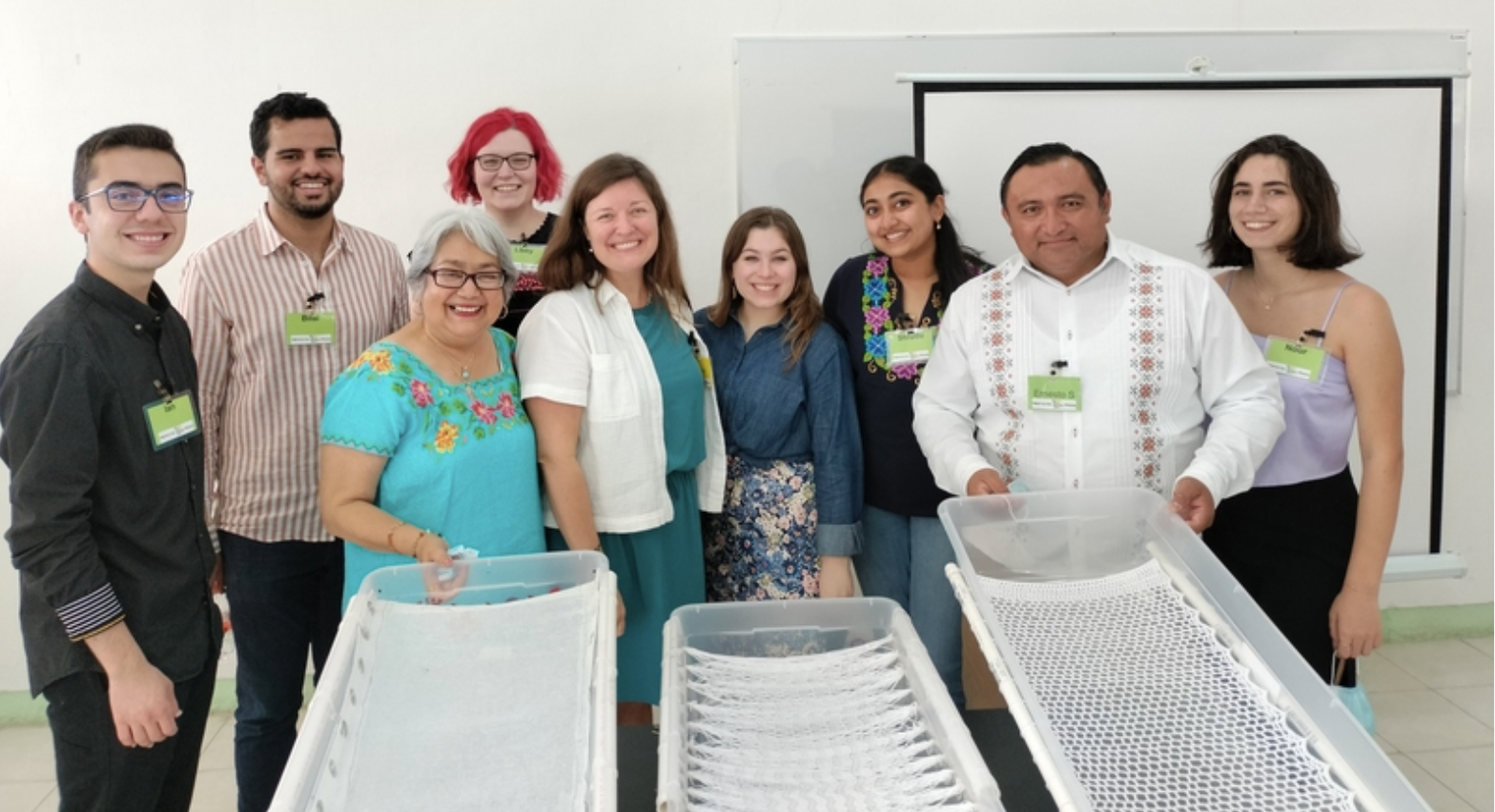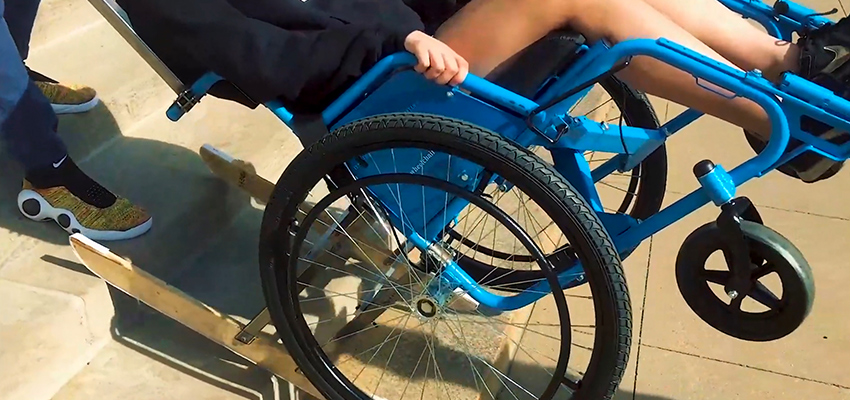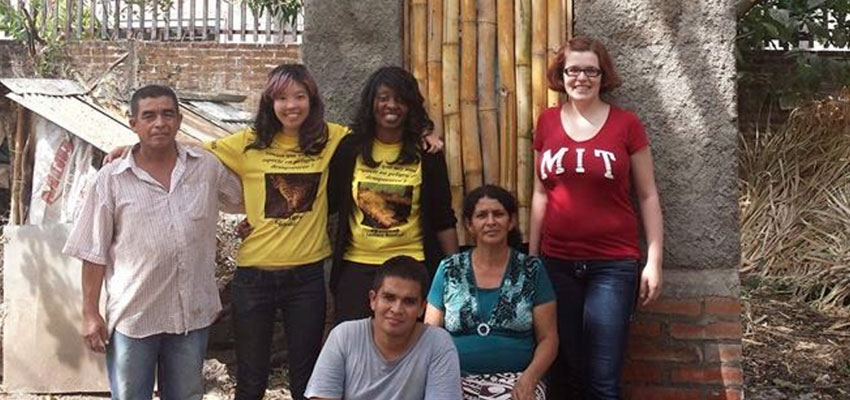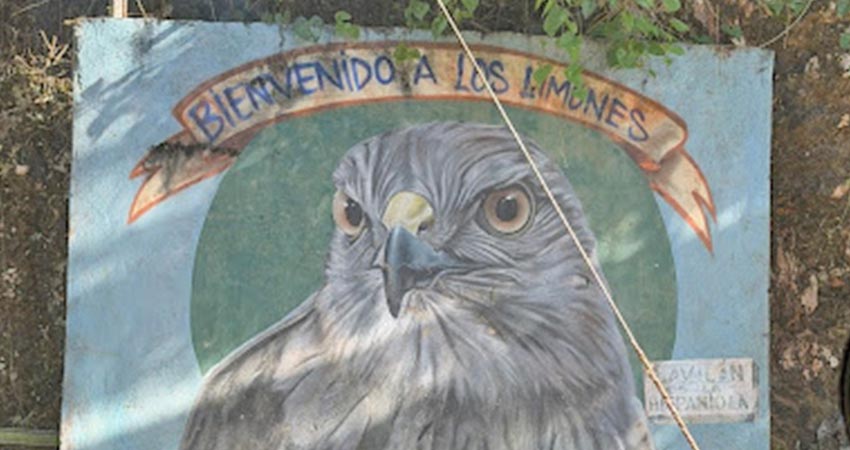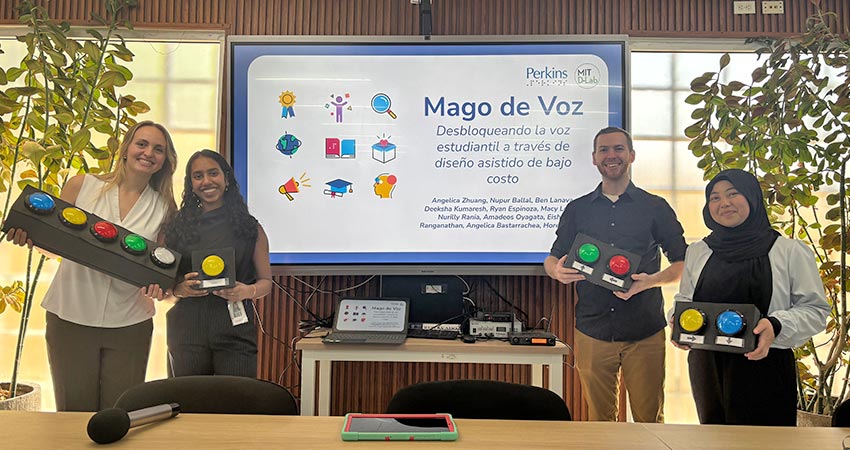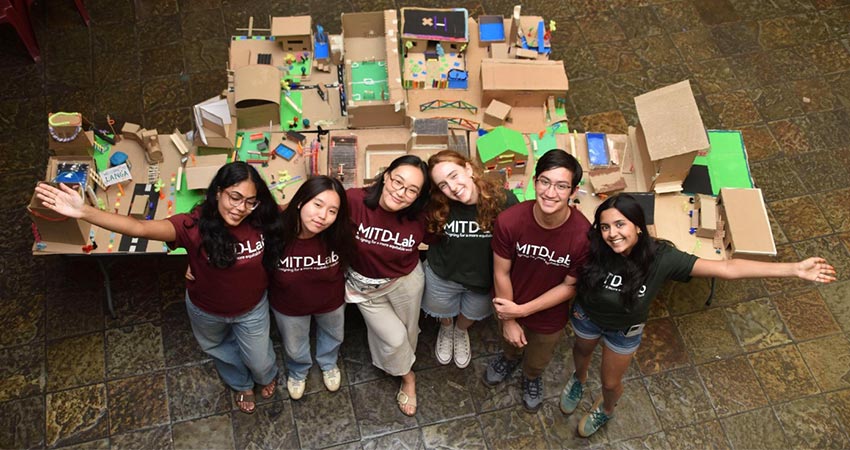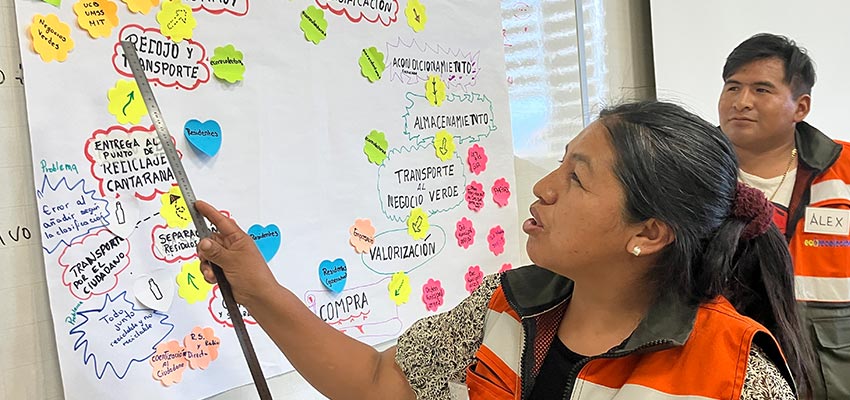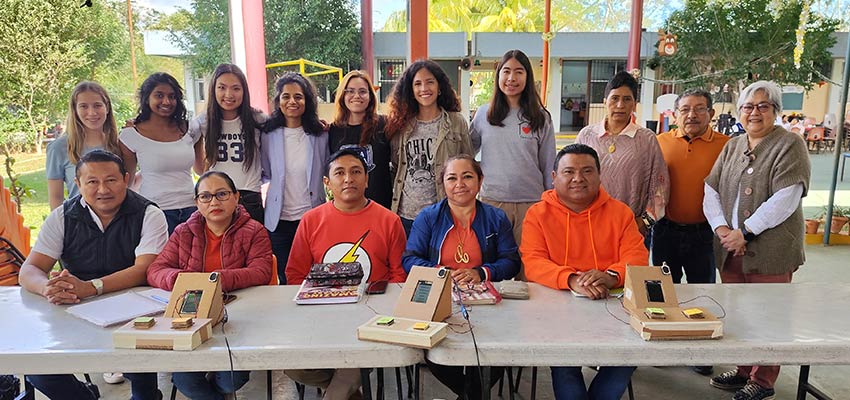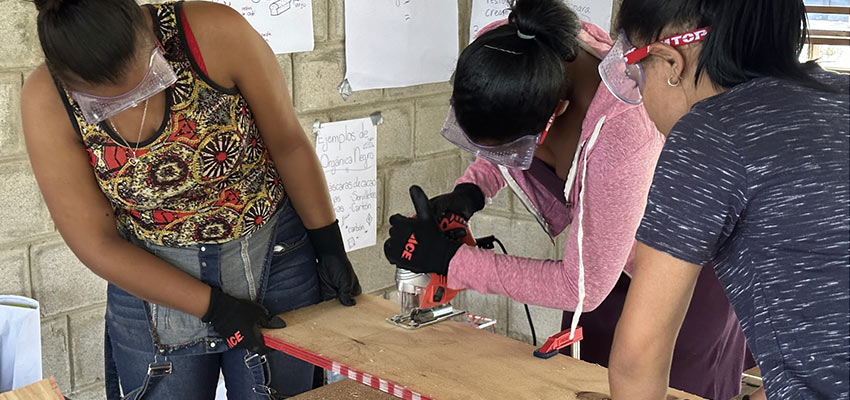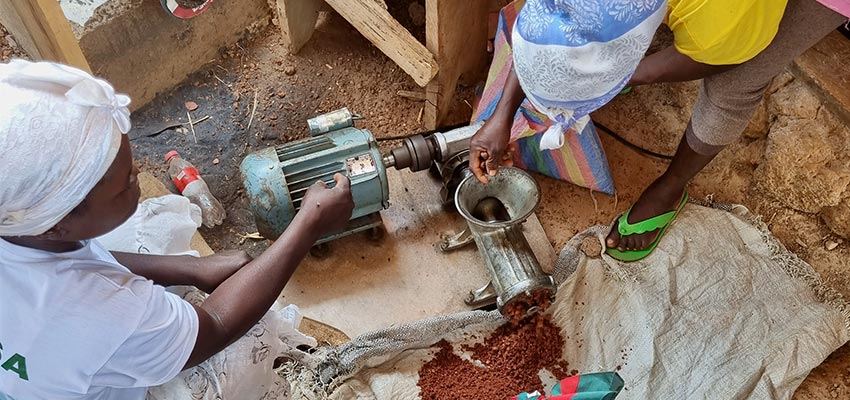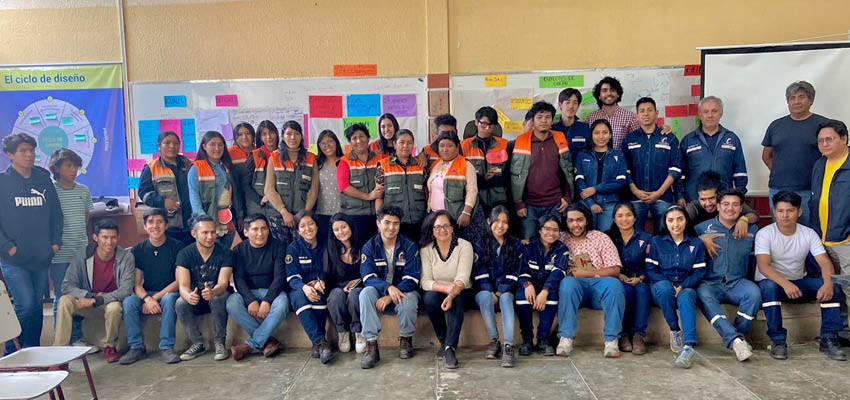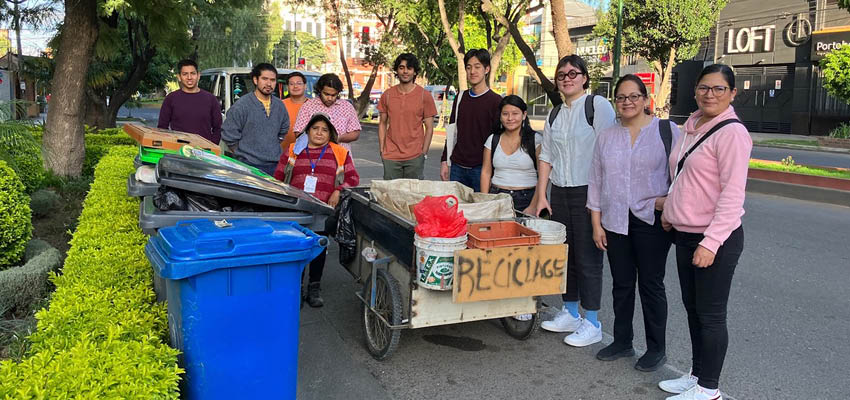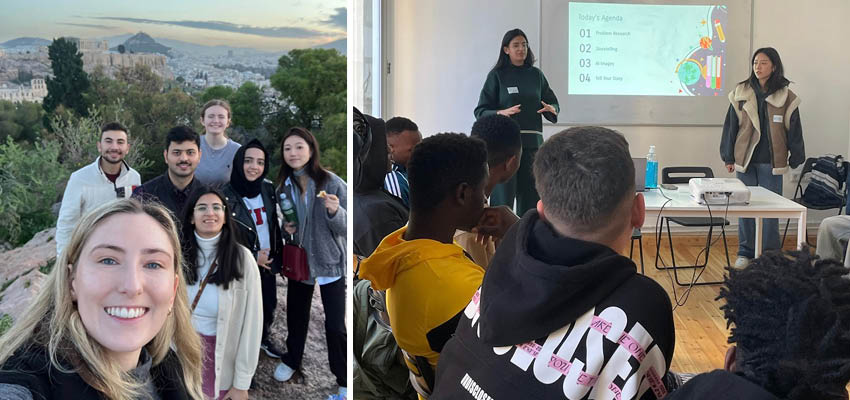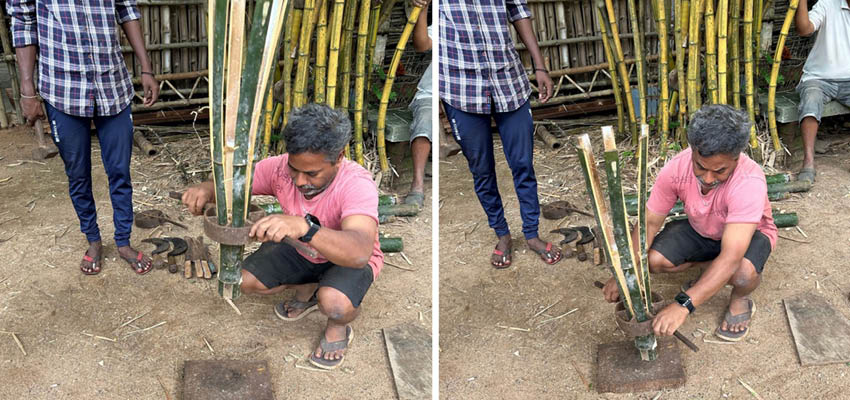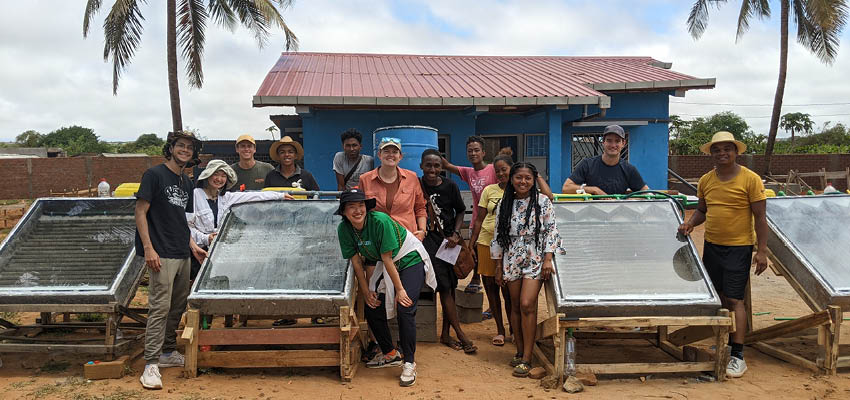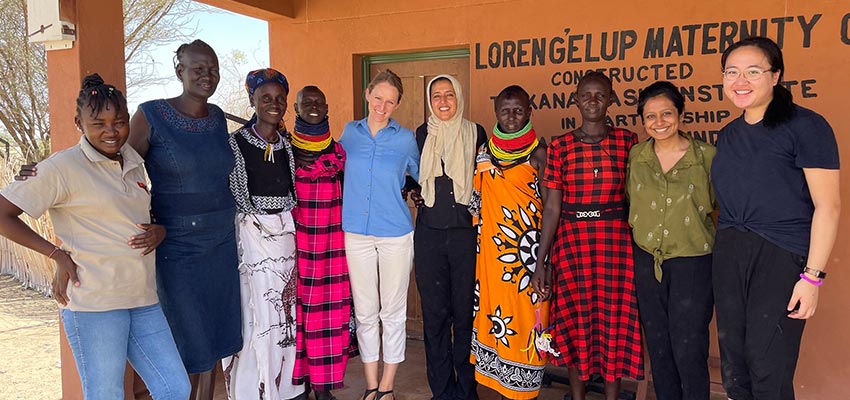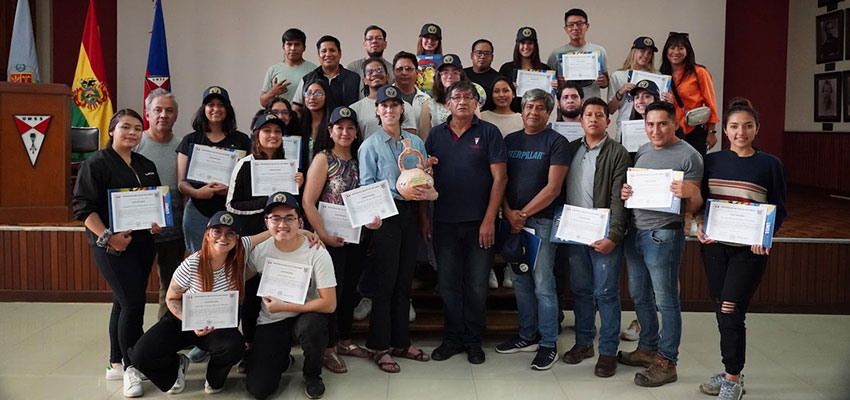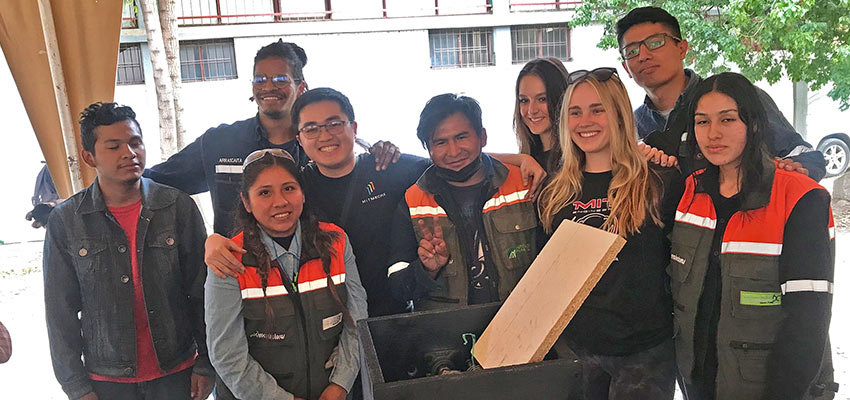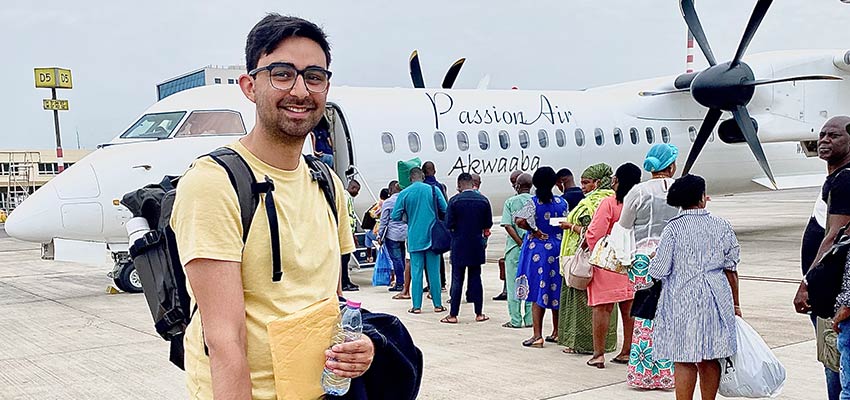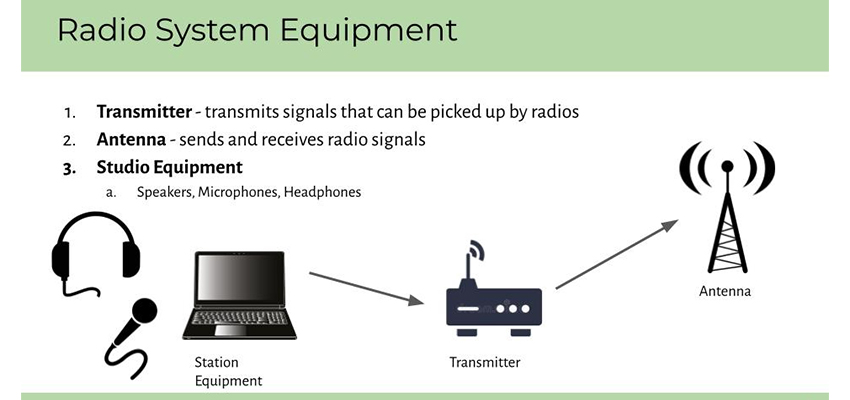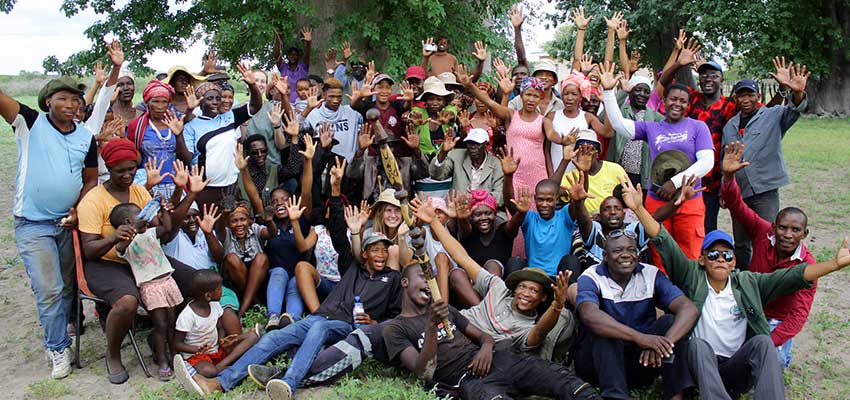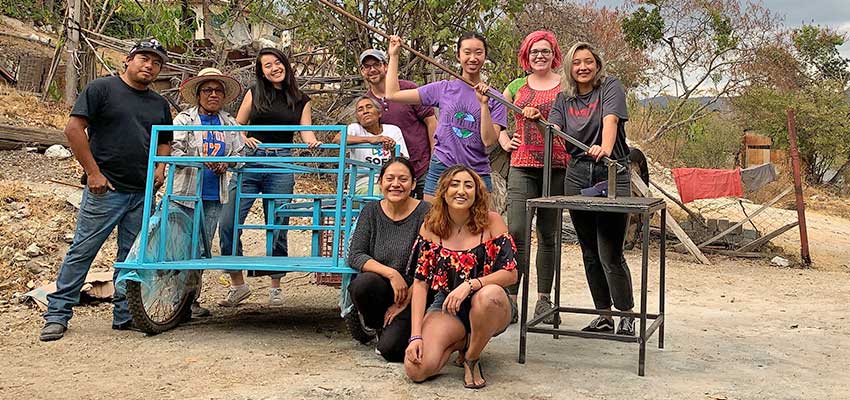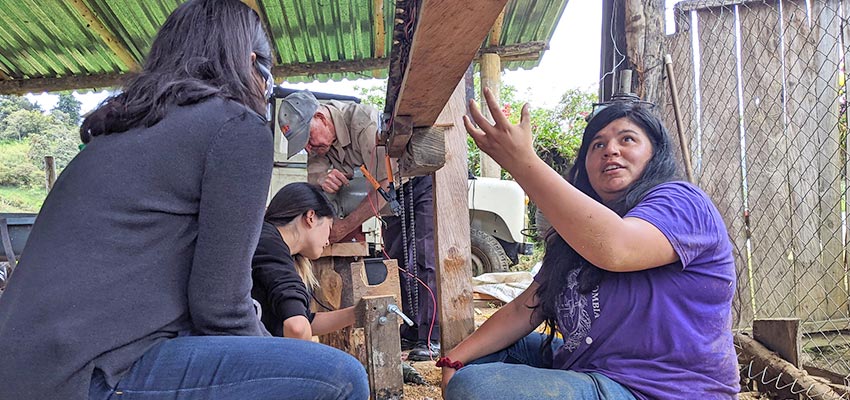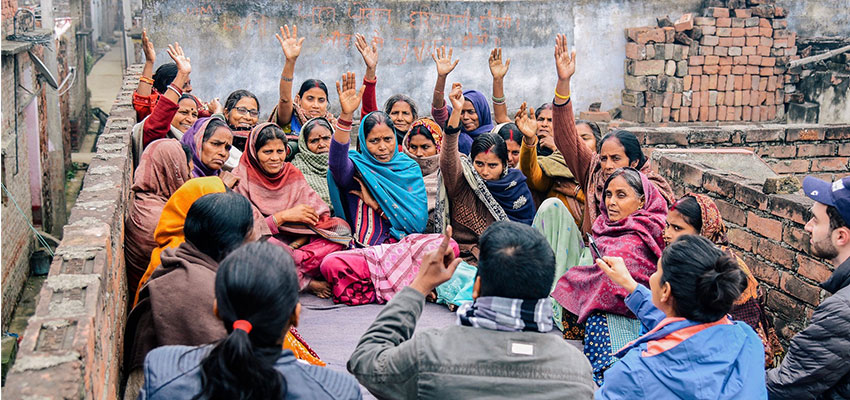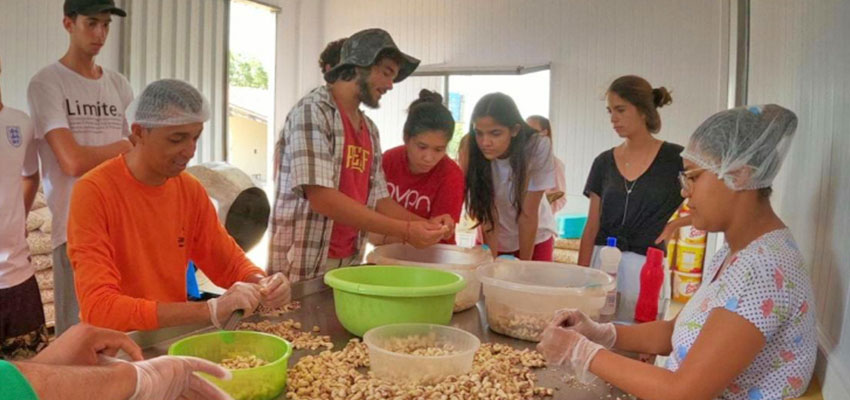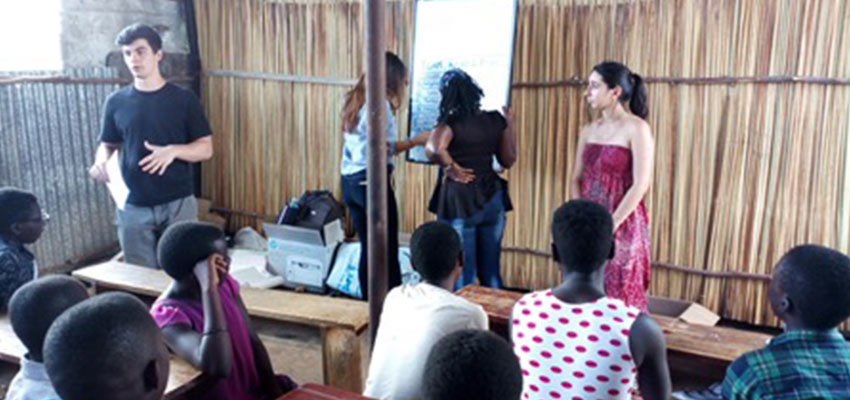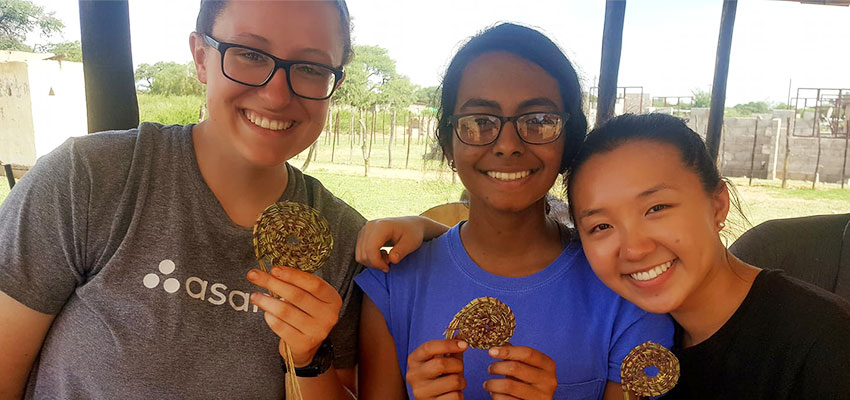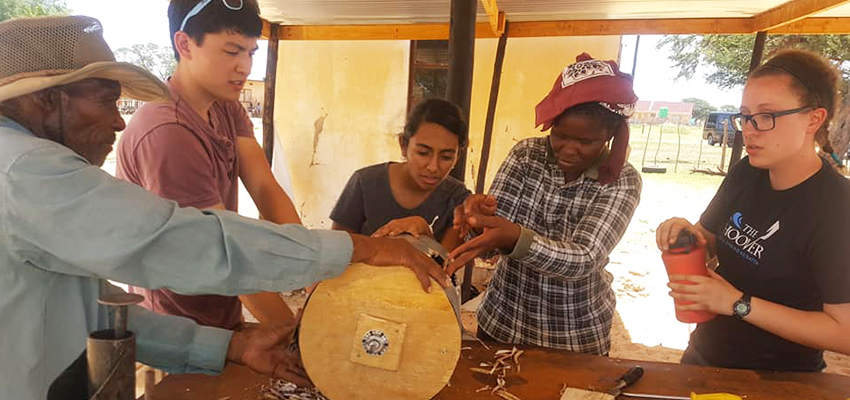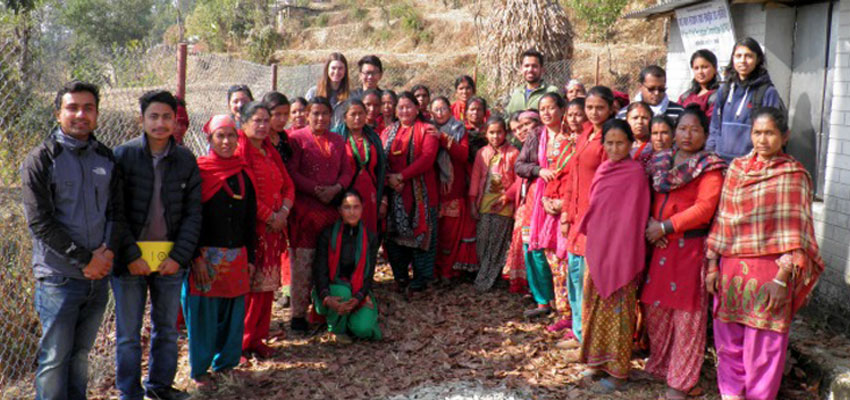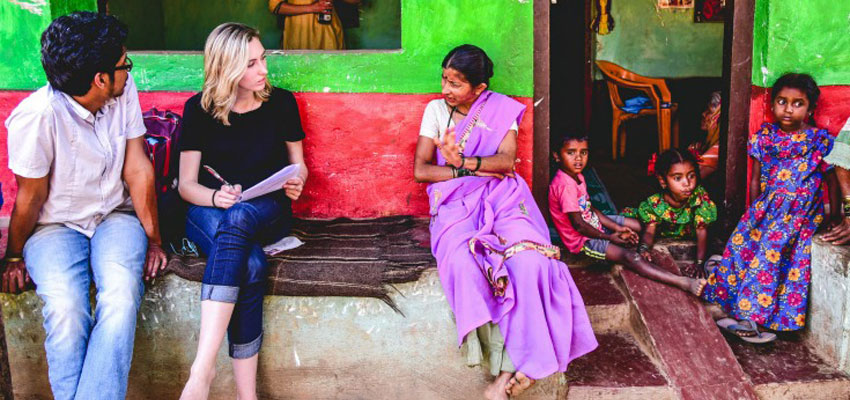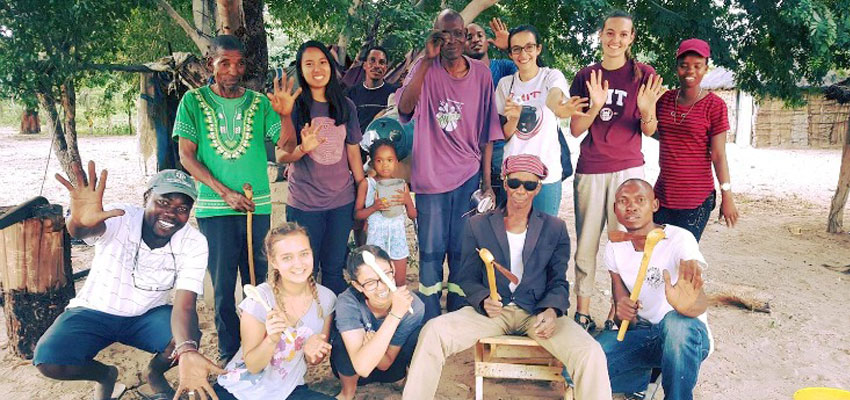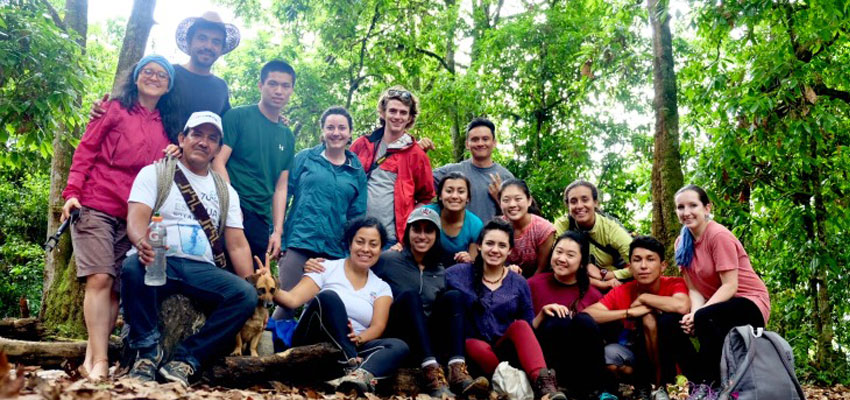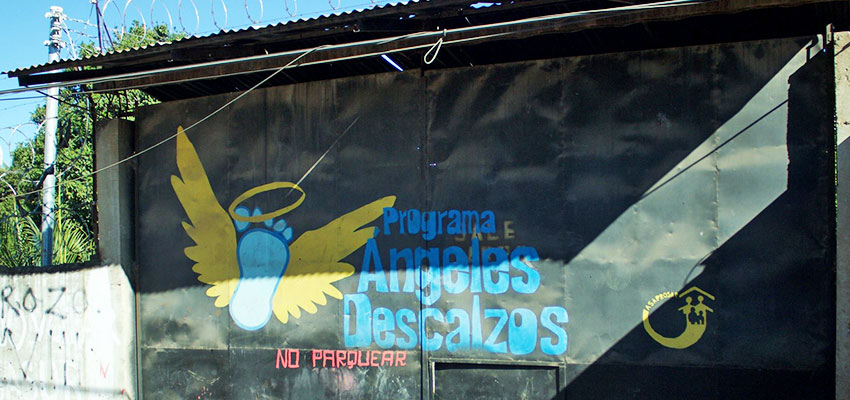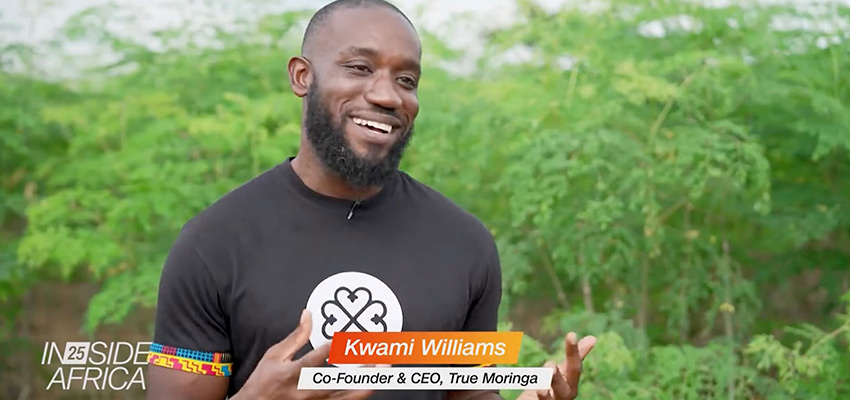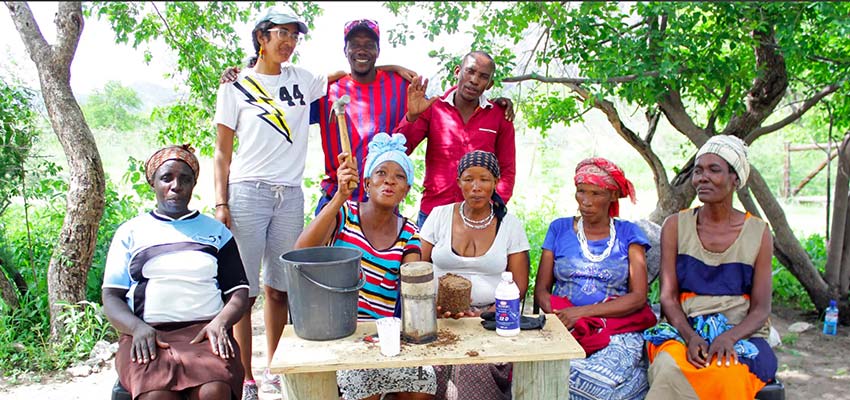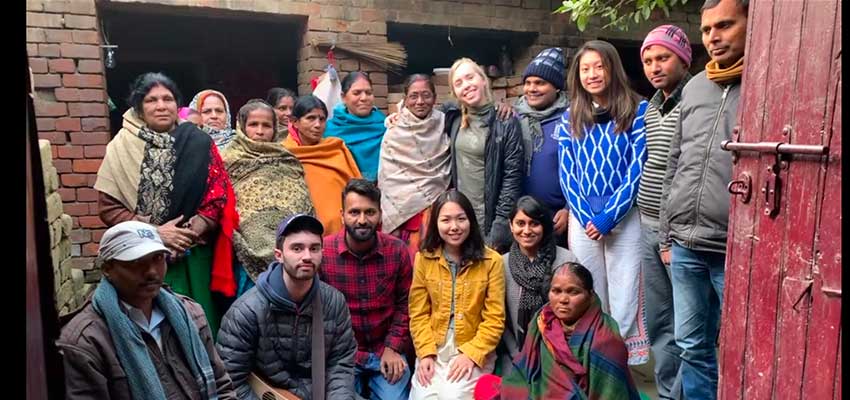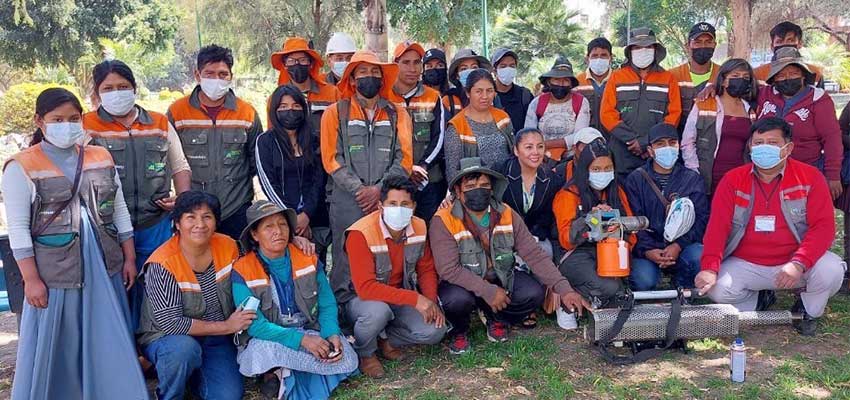
Co-Designing with Ecorecolectoras, an indigenous-women-led organization of recyclers, to advance the circular economy and promote recycling in Cochabamba, Bolivia.
MIT D-Lab Class
D-Lab: Development - Fall 2024
Student team
MIT students unless otherwise noted.
- Frankie Schulte, 2025, undergraduate senior studying computer science and design, spends a lot of time doing DIY maker projects and is passionate for furniture making.
- Valeria Churango, 2025, second-year MPA/ID candidate at Harvard Kennedy School with great interest in social policies, international development and gender equity.
- Sofia Lora, 2027, undergraduate studying chemical-biological engineering, interested in biological and nature-based solutions to environmental problems, a bit too much of a foodie.
Community partners
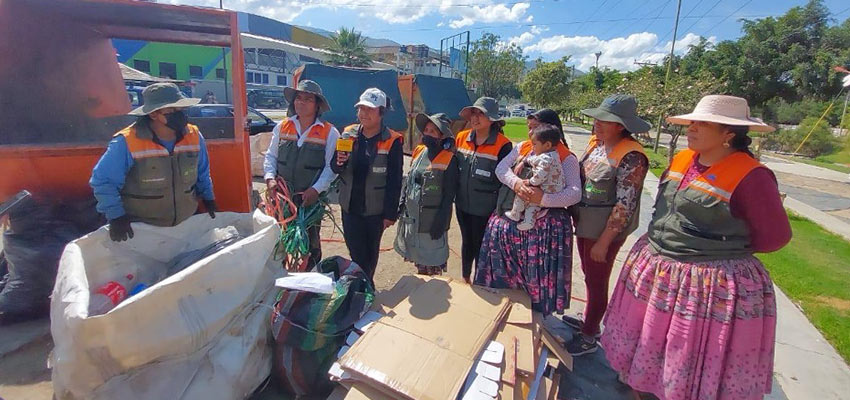
Country
Cochabamba, Bolivia
Problem or opportunity driving the project
The Ecorecolectoras is a community of women ready to work with both the private and public sectors. They have managed to negotiate access to green points, municipally-owned spaces for collecting recyclable materials, which are vital for their work. However, despite gaining legal recognition, they still have not secured formal contracts for managing these points. This leaves them relying on voluntary self-employment, which brings several challenges.
For instance, they face limited capacity to collect materials, lack access to proper technology to add value to their recyclables, and do not have the tools or skills for restoring and repairing second-use items like furniture. Additionally, they lack marketing, administrative, and legal knowledge, making it harder to negotiate contracts or secure funding. Lastly, they lack access to credit and cannot improve their logistics to grow their businesses.
Cultural context
Bolivia is in the center of South America, with a population of approximately 12 million people; it has nine departments, one of them is the Department of Cochabamba, which has 47 municipalities with a population of roughly 2 million; in this department the Association of Eco-collectors develop their activities.
The Association of Ecorecolectoras, a unique network with 250 members, is predominantly led by women who are heads of households. Established in 2012, this empowering initiative operates as a women's network of Eco-collectors’ groups across different city areas. In 2023, they achieved legal recognition, solidifying their status as a legally established organization.
Cochabamba is nestled in a fertile valley of the Andes mountains and serves as a vibrant cultural and economic hub in Bolivia. The city is known for its progressive movements in sustainability and community-driven initiatives, making it a great setting for advancing recycling efforts. However, Cochabamba struggles with growing waste management challenges.
Informal recycling networks play a crucial role in mitigating these issues, but they lack the resources and support needed to scale their impact. With Cochabamba’s diverse and tightly knit communities, the city offers an environment where grassroots initiatives can thrive, connecting sustainable practices with cultural resilience. By addressing the city's specific waste management gaps, this project aims to empower local recyclers and contribute to Cochabamba's ongoing transformation into a model of urban sustainability.
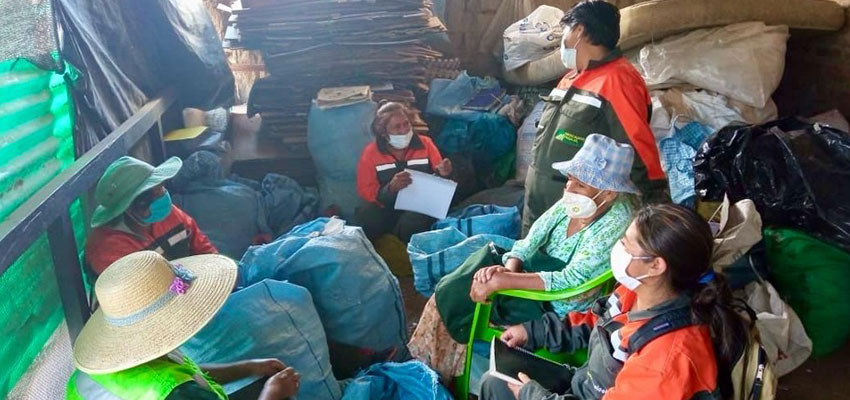
Theory of change
If we co-develop the workshops to provide knowledge about furniture refurbishment techniques and the operation of green points, then Ecorecolectoras will learn to design, manage, and implement these sustainable practices. They will use this knowledge to improve their recycling and refurbishment practices, and community education efforts, raising awareness about the importance of green points. This will ultimately improve their work conditions and contribute to the development of a circular economy in Cochabamba, creating a win-win scenario for both the environment and their livelihoods.
Proposed solution
This project aims to strengthen the Ecorecolectoras’ actions by focusing on practical and sustainable solutions to their challenges. Together with the community, we will design neighborhood green points to make recyclable material collection more efficient and accessible. At the same time, we will introduce tools and techniques to refurbish wooden and metal furniture, turning discarded items into valuable products. By improving the business plans and equipment for aluminum and glass recycling, the Ecorecolectoras can diversify their income and grow their impact.
The word pallay in the project title is a Quechua word that means harvest. In this case, we use it to refer to harvesting a quality recyclable material in the city of Cochabamba to ensure quality new products.
Next steps
Before the trip, we will research similar models of green points management and furniture refurbishment in other countries, study Cochabamba’s neighborhood dynamics, and design strategies to encourage citizens to use green points. Additionally, we will prepare a clear budget and a workshop plan to ensure that we will be ready when we arrive in the city.
During the project, we will collaborate with the Ecorecolectoras to co-design and build a prototype green point that meets their needs. Through interactive workshops, we will share practical techniques for furniture restoration and green point management. Throughout, we will listen to their feedback to refine our approach, ensuring this project truly supports their goals.
Contact
Libby Hsu, Lecturer; MIT D-Lab Associate Director of Academics


